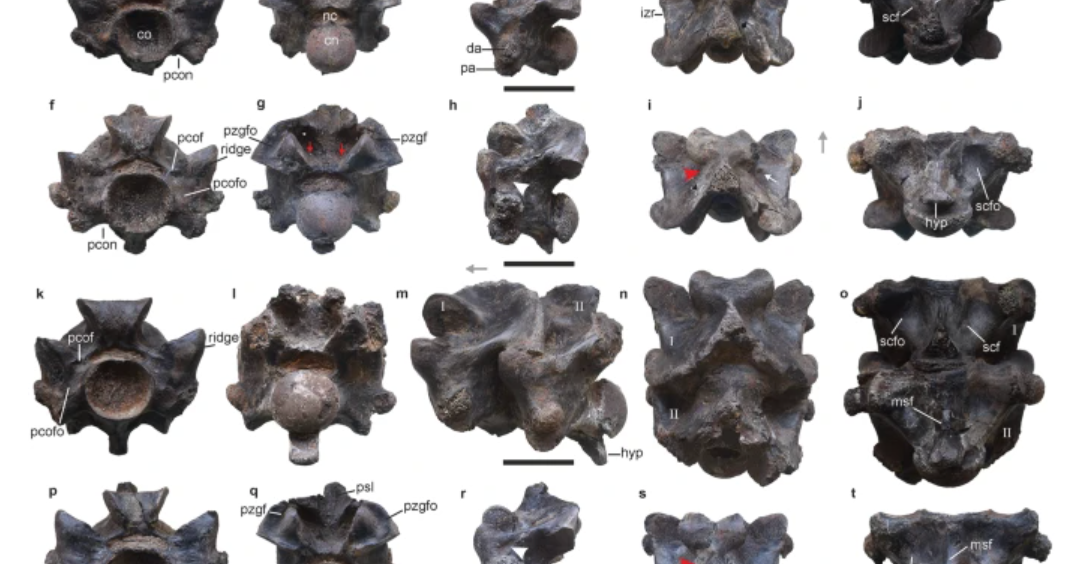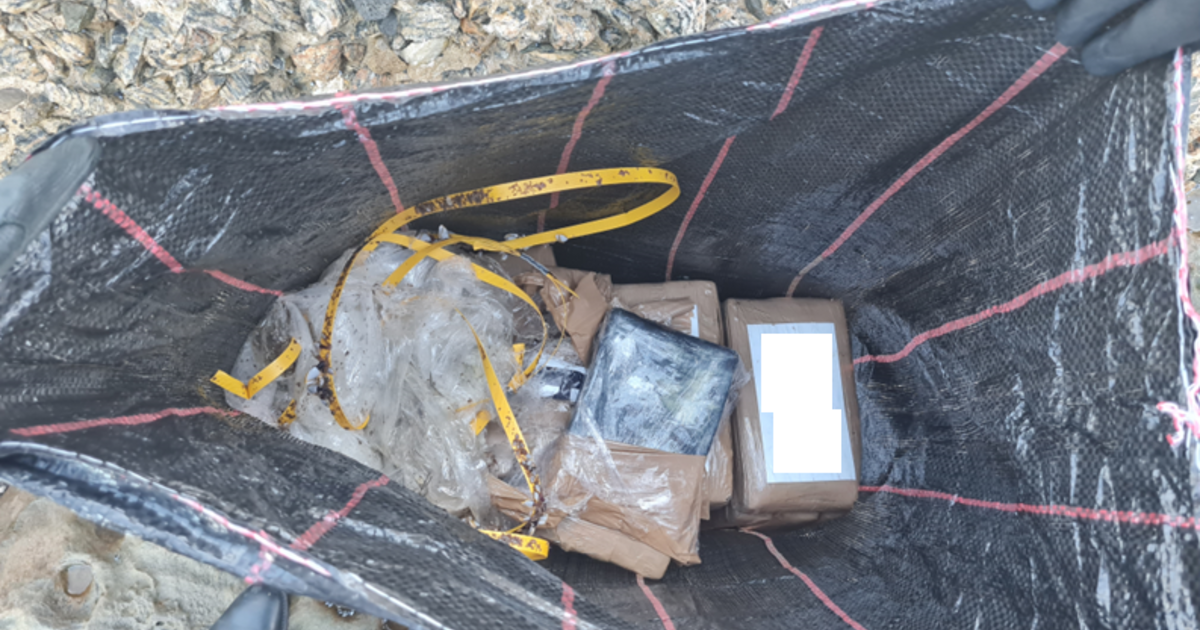ER visits spike for young kids swallowing toys, coins, batteries
The number of young children who went to U.S. emergency rooms because they swallowed toys, coins, batteries and other objects has nearly doubled over the past two decades, a new study says.
In 2015, there were nearly 43,000 such visits among kids under 6, compared with 22,000 in 1995, according to the study published Friday in the journal Pediatrics. The rate jumped from almost 10 per 10,000 ER visits to 18 per 10,000.
The increase "rang some alarms," said Dr. Danielle Orsagh-Yentis, the lead author and a gastrointestinal physician at Nationwide Children's Hospital in Columbus, Ohio.
Orsagh-Yentis noted that an increasing number of consumer products use potentially dangerous button-sized batteries, including TV remotes, digital thermometers and remote-controlled toys, which likely contributed to the increase.
She said her interest in studying the trend began during her training, "when we were all being called in in the middle of the night at odd hours to remove foreign bodies from either the esophagus or stomachs of children."
Her research team analyzed a nationwide database of non-fatal emergency room visits for children younger than age 6. Almost 800,000 children were treated during the study years after swallowing foreign objects. Coins, batteries and toys accounted for most of the visits.
While 90% of treated children were sent home without hospitalization, severe internal injuries and deaths have been reported. Batteries and small high-powered magnets often marketed as desk toys for adults are among the most dangerous objects. When kids swallow more than one powerful magnet, they can pinch together inside the intestines, causing internal damage and even boring holes that can lead to life-threatening blood poisoning.
"They can go through the esophagus into the stomach and GI [gastrointestinal] tract," Dr. Amyna Husain, a pediatric emergency medicine physician at Johns Hopkins Children's Center, told CBS News earlier this month. "If you have two magnets in different parts of the tissue and they attract each other, the tissue between the two can get pinched off and you lose blood circulation."
This can cause a tear in the bowels that could lead bacteria spilling into the abdomen and cause serious infections. In the more severe cases, patients may need to have parts of their intestines surgically removed.
In recent years, the U.S. Consumer Product Safety Commission has issued safety warnings and orders to stop sales of some magnets, citing dozens of hospitalizations and at least one toddler death.
"Of all the risks we want to talk to our kids about, it's such a simple thing to make them aware that these things could cause serious injury and to keep them not only away from their mouth but any other opening of the body," said Husain. "And if they are accidentally ingested, they should take it seriously and let someone know right away so they can be brought to the emergency room to be evaluated immediately."
The CPSC also has warned about dangers from button-sized batteries, which when swallowed can trigger a chemical reaction that can burn holes through tissue inside the throat.
Children who swallow batteries or magnets may vomit or complain of abdominal pain. They "should be brought to the emergency room as quickly as possible," Orsagh-Yentis said.
Morag Mackay of Safe Kids Worldwide, an injury prevention advocacy group, called for more research to understand why the incidents are on the rise. She said parents and caregivers need to be vigilant.
"Try to see the world from a child's point of view by getting on the floor so that you are at your child's eye level. Keep small objects such as coins, batteries, magnets, buttons or jewelry out of reach and sight," Mackay said.




